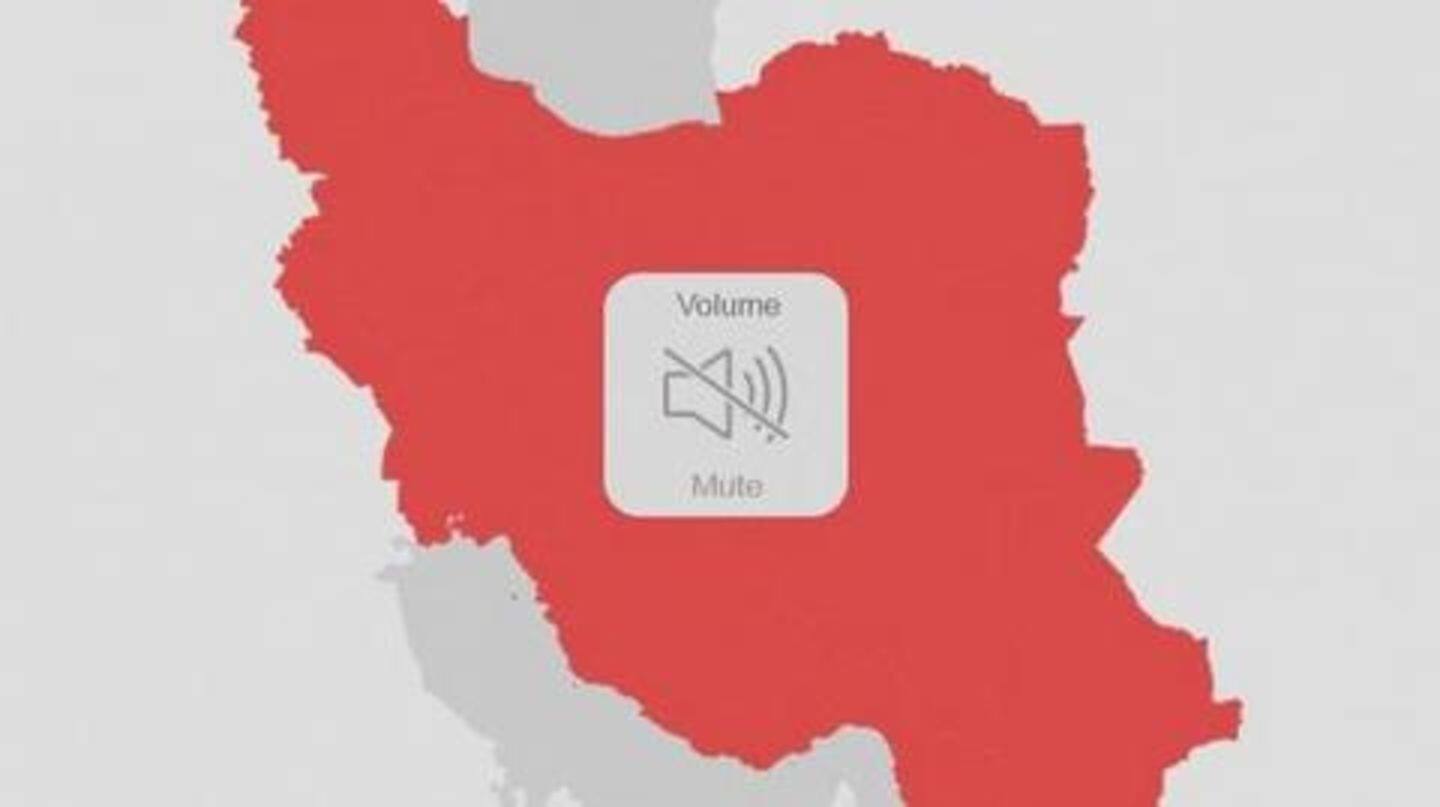
Iran to have state-controlled internet. What, now?
What's the story
Iran's President, Hassan Rouhani, has announced the plan of building a strong state-controlled intranet in the near future.
The move, if executed, would not only give the Iranian government a way to monitor the online activity of its citizens but also the power to control it, which would mark a serious hit on both internet freedom and privacy.
Here's more about it.
Announcement
State-controlled intranet matter of national autonomy
Last Sunday, President Rouhani spoke about expanding Iran's intranet, the National Information Network, in the country's Parliament, CNET reported.
He described the plan as a matter of national autonomy and said that the order to improve NIN has been given by Supreme Leader Ali Khamenei himself.
"People will not need foreign [networks] to meet their needs," he added while detailing the plan.
Impact
This would mark a major hit against internet freedom
While the Iranian President calls this move a step towards self-dependency, the reality might paint a grim picture.
Essentially, with state-controlled intranet, Iranians would be able to see only those sites and content that have been approved by the Iranian government.
Additionally, the government will also have the power to silence protests by quickly identifying dissidents and cutting them from one another.
Censorship
Iran has already been silencing protesters
The announcement signals the possibility of enhanced censorship, as Iran has already been silencing protests.
To recall, after hiking oil prices in November, the government had quelled mass protests by cutting off the internet for over a week and deploying security forces against the protesters.
With its own intranet, this would be much easier and economically feasible to do for the government.
Impact
Other nations also controlling internet
Along with Iran, a few other nations also control online activity by replacing the internet.
This includes Russia, which recently announced the plan to build its own alternative of global internet owing to national security concerns.
Beyond that, China has long had the Great Firewall, which has been keeping unwanted, dissenting apps, websites, and platforms out of the country.